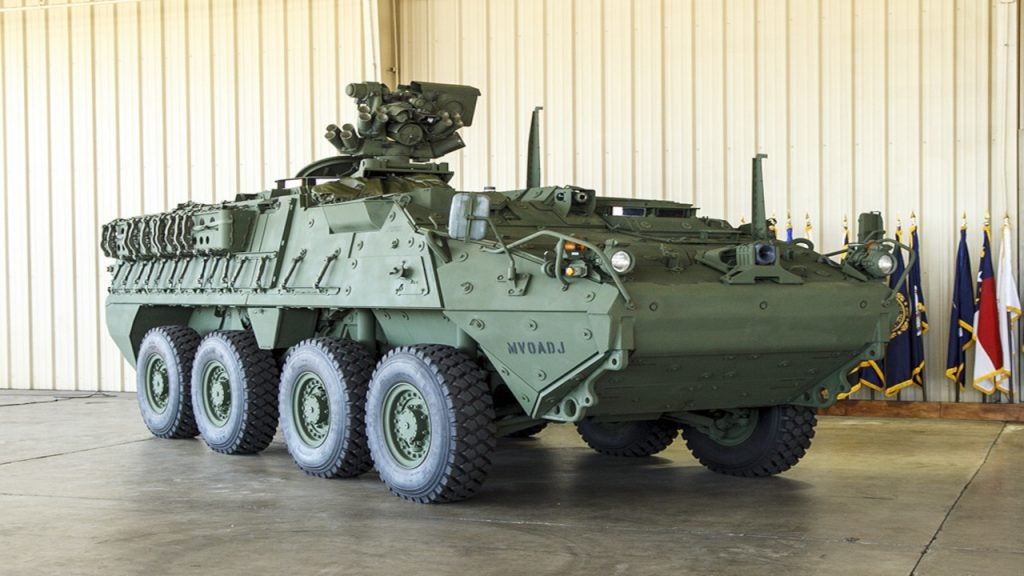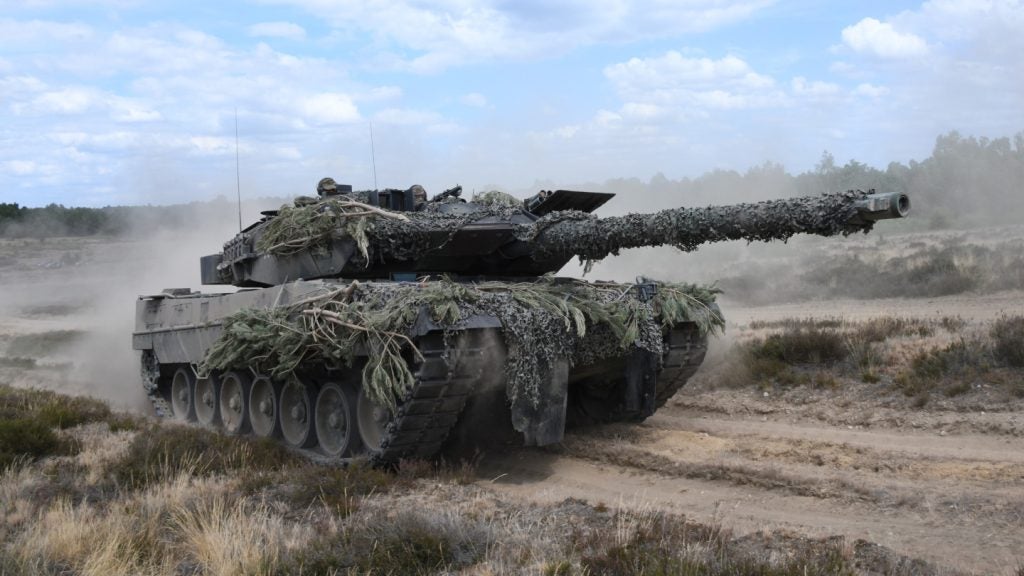Military vehicle companies and manufacturers: Introduction
In the complex and highly specialised field of defence procurement, identifying the right military vehicle companies is a critical task for a range of stakeholders.
From government defence departments to private security firms and even allied industries such as aerospace and maritime security, the need for robust and reliable military vehicles is paramount.
Our expert buyer’s guide aims to assist buyers and professionals in discerning the key attributes and offerings of military vehicle manufacturers, ensuring that their investments are both strategic and sound.
Key considerations: Selecting military vehicle companies
When evaluating military vehicle companies, it is essential to consider the breadth and depth of their capabilities.
Prospective clients should look for manufacturers that demonstrate a comprehensive understanding of military requirements.
In addition to this, any considered company or manufacturer should be able to fully prove their ability to deliver vehicles that meet these always stringent standards.
Some of the most important factors for buyers to consider include, but are not limited to:
Customisation and Flexibility
Military operations vary greatly, and a one-size-fits-all approach is seldom adequate.
Companies that offer customisable solutions that can be tailored to specific mission profiles are highly valuable.
Innovation and Technological Proficiency
The best military vehicle companies are at the forefront of technological advancements.
Part of this is evidenced by their desire and ability to integrate cutting-edge systems to enhance performance and survivability; something buyers should look for.
Proven Track Record
A history of successful deployments and satisfied clients is a strong indicator of a company’s reliability and expertise.
Asking for references, looking at reviews, and examining their professional history can be a valuable asset for a buyer during any procurement process.
After-Sales Support and Training
Comprehensive support should not be overlooked as part of the overall buying process.
This should include maintenance, spare parts supply, and training, each of which is essential for the longevity and effectiveness of military vehicles.
Compliance with International Standards
Adherence to international military standards and regulations ensures interoperability and safety.
Who can benefit from our military vehicle manufacturers Buyer’s Guide
Due to our thorough research and content, this is a guide that can be valuable to a range of people and organisations.
Some of the primary beneficiaries of military vehicle manufacturers include:
- National defence forces and military branches
- Law enforcement and counter-terrorism units
- Private security contractors
- Humanitarian organisations requiring armoured transport
- Allied industries such as aerospace, for integrated defence systems
Industry-leading systems and solutions offered by military vehicle companies
As the marketplace broadens, selecting the best military vehicle companies can be a complex process.
Military vehicle companies provide a plethora of systems and solutions for buyers to consider, including but not limited to:
- Armoured personnel carriers
- Infantry fighting vehicles
- Main battle tanks
- Light, medium, and heavy tactical vehicles
- Mine-resistant ambush-protected (MRAP) vehicles
- Logistics and utility vehicles
- Unmanned ground vehicles (UGVs)
- Command and control (C2) vehicles
- Medical evacuation (MEDEVAC) vehicles
- Engineering and recovery vehicles
- Weapon systems integration
Latest technological advancements in military vehicle manufacturing
The military vehicle sector is continually evolving, with recent technological advancements significantly enhancing capability and survivability.
Some of the most notable developments include:
Hybrid and Electric Drive Systems
Reducing the reliance on traditional fuels and enhancing stealth capabilities through reduced thermal and acoustic signatures.
Active Protection Systems (APS)
These systems detect and neutralise incoming threats before they can damage the vehicle.
Advanced Armour Materials
The use of composite materials and reactive armour to provide superior protection while minimising weight.
Enhanced Situational Awareness
Integration of sensors, cameras, and communication systems to provide a 360-degree battlefield view.
Autonomous and Semi-Autonomous Functions
The incorporation of AI to enable unmanned operations or driver assistance features.
Military vehicle companies and manufacturers: Our conclusion
Selecting the right military vehicle company is a decision that requires careful consideration of a manufacturer’s capabilities, track record, and technological prowess.
By focusing on these key areas, buyers and industry professionals can ensure that they partner with companies that will deliver vehicles capable of meeting the rigorous demands of modern military operations.
References
- Jane’s Defence Weekly: [https://www.janes.com/defence-news]
- Army Technology: [https://www.army-technology.com/]
- Defense News: [https://www.defensenews.com/]
- Military Today: [https://www.military-today.com/]






